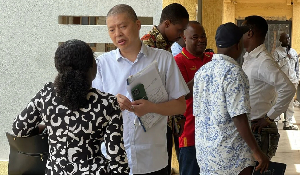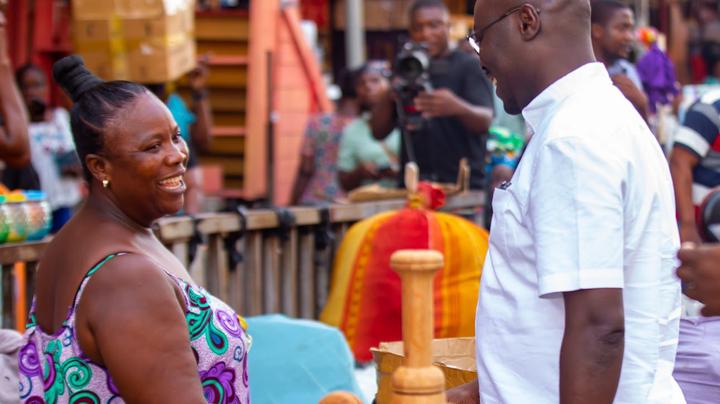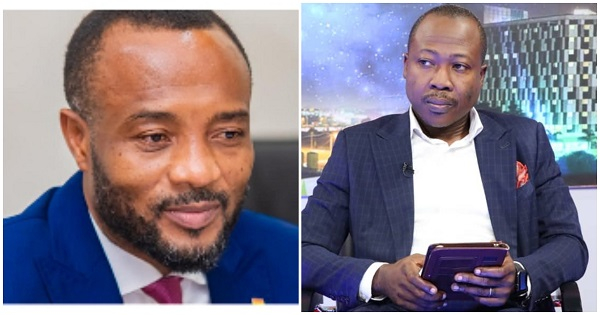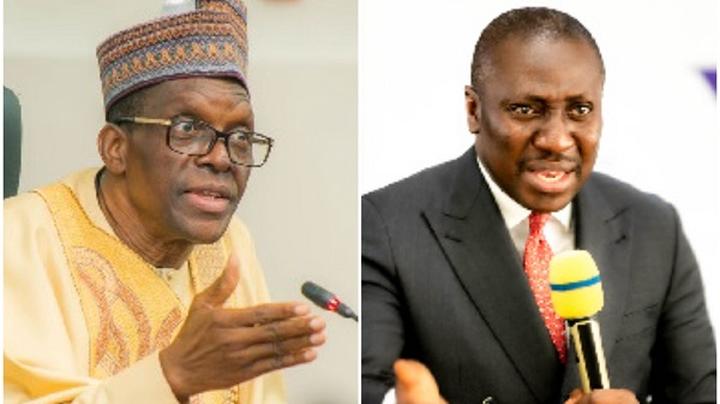By Benjamin A. Commey
Accra, March 9, GNA – Dr Agnes Naa Momo Lartey, the Minister of Gender, Children and Social Protection, has vowed to provide the institutional and fiscal supports necessary for the full implementation of the Affirmative Action Act.
She pledged to address the financial barriers that hindered women’s ability to contest for political positions, to increase their representation.
The Minister made these commitments at the Africa Women Political Leadership Summit 2025, in Accra, on Saturday, on the theme: Women and Politics in Africa: Progress, Challenges and Prospects.”
Organised by the Africa Governance Centre, in partnership with the Gender Ministry, the objective of the Summit is to drive meaningful policy dialogue, inspire leadership, and chart a roadmap for advancing gender-inclusive governance across the continent.
The Affirmative Action Act was passed in 2024, about two decades after its initiation, and sought to, among other things, achieve equality in the political, social, economic, educational and cultural spheres of the Ghanaian society.
However, nearly a year after its passage, implementation of the Act is yet to take full flight.
Dr Naa Momo Lartey, while acknowledging the passage of the Act as a significant stride in the country’s effort to achieve equality, said its impact would only be realised if it was fully implemented.
She noted that globally, various commitments such as the Beijing Declaration in 1995, had failed to achieve the required impact due to the lack of political commitment at national levels.
For instance, a 2022 report by the African Development Bank on women’s participation in leadership in Africa revealed an uneven progress, with only about 25 per cent of women holding parliamentary seats across the continent.
The Minister, therefore, expressed government’s willingness to ensure the full implementation of the Affirmative Action Act by ensuring the availability of the necessary institutional and fiscal support.
“Passing a law is only the first step,” she said, adding: “Its impact depends on our vigilance as women leaders and sustained optimism to ensure the law does not stay shelved in the archives.”
“We must ensure that the eventual law becomes a reality in the daily lives of Ghanaian women because equitable gender representation is a win for progressive national development.”
Additionally, the Minister pledged to create mentorship programmes, strengthen and enhance partnerships with civil society organisations, educational institutions and international bodies to achieve the desired results.
She called for the end to structural inequalities, cultural barriers and gender biases, which served as limitations to women’s ability to thrive.
Madam Edite Ten Jua, the Executive Secretary, African Political Parties Initiative – Africa Governance Centre, called for a more inclusive political landscape, stressing that democracy could only thrive with full participation of women.
“It is imperative for good governance, economic development and social justice, because a more inclusive political landscape benefits not just women but entire political ecosystem and nations, fostering policies that are more representative, more responsive and more resilient,” she emphasised.
Madam Jua urged women to continue to demand for substantive leadership roles, real decision-making power and seek systemic reforms to barriers that hindered their progress.
“Token representation is not enough,” she said.
“Let us move beyond pledge and towards policies, beyond discussions and towards decisive action.”
Contributing to a panel discussion at the Summit, on the topic: “Affirmative Action in Africa: Unpacking its Façade and Potential for Women in Politics,” Mrs Beatrice Annangfio, a Presidential Staffer, identified socialisation like cultural norms that sought to limit women to the kitchen, and stereotypes as key factors impeding women in realising their full potential.
She stressed on the need for women to make themselves available to be considered when the opportunity arose.
Ms Becky Enyonam Ahadzi, the Coordinator, Affirmative Action Coalition of Ghana, urged political parties to internalise the Affirmative Action Act and adopt its measures to empower women in their parties.
She called for the amendment of the 1992 Constitution to include a gender-specific quota for women.
GNA
ABD

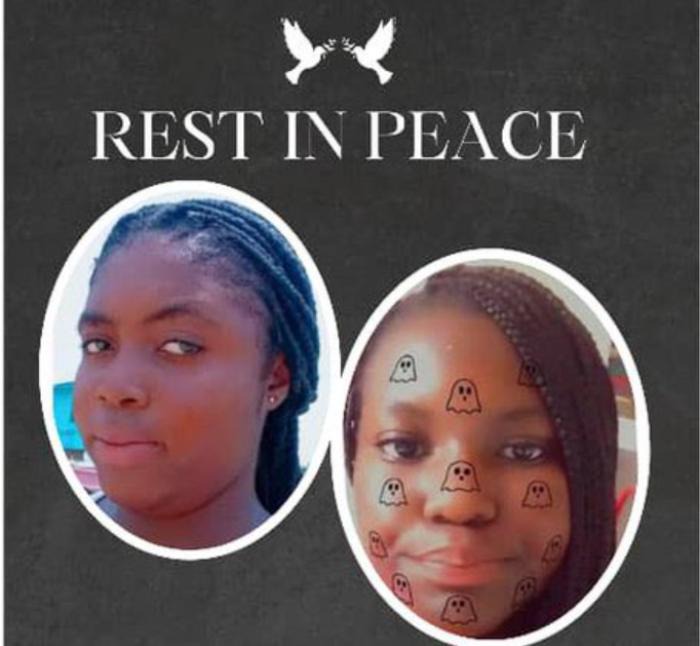


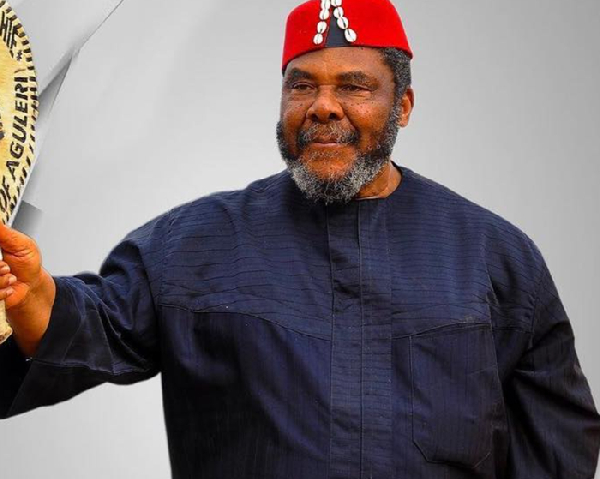
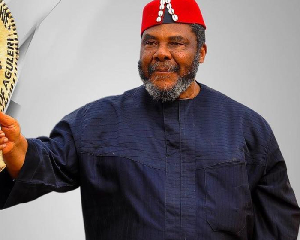
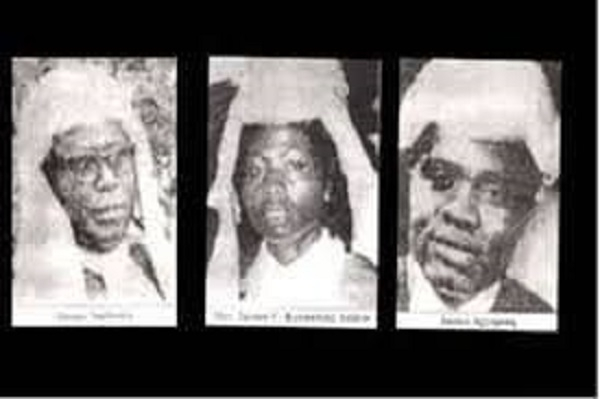
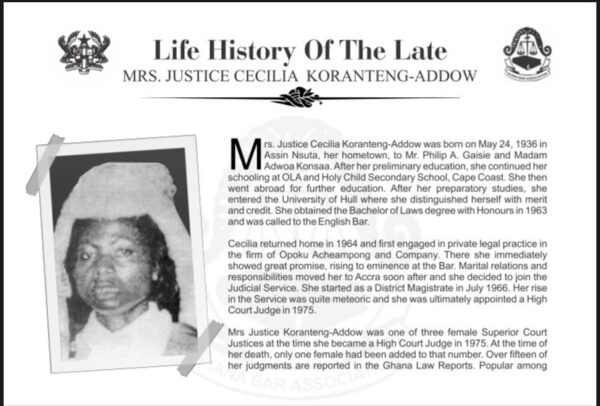
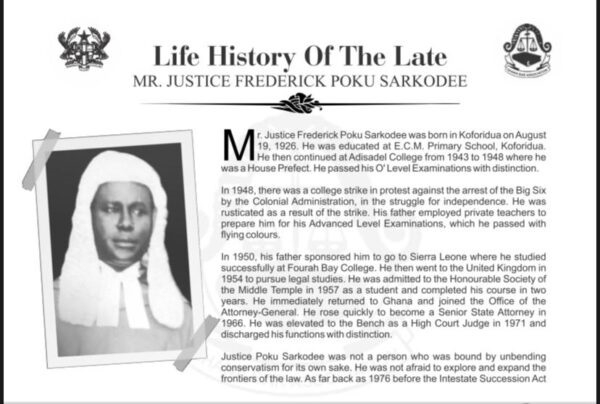
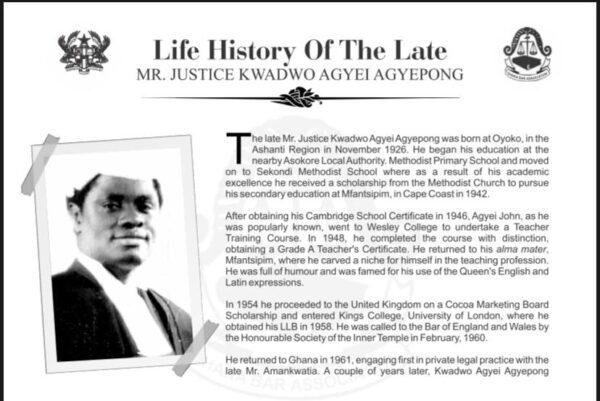
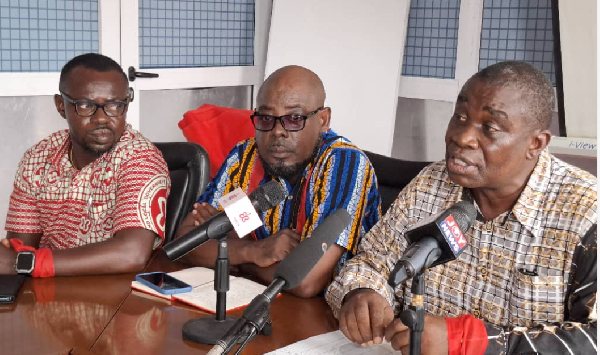
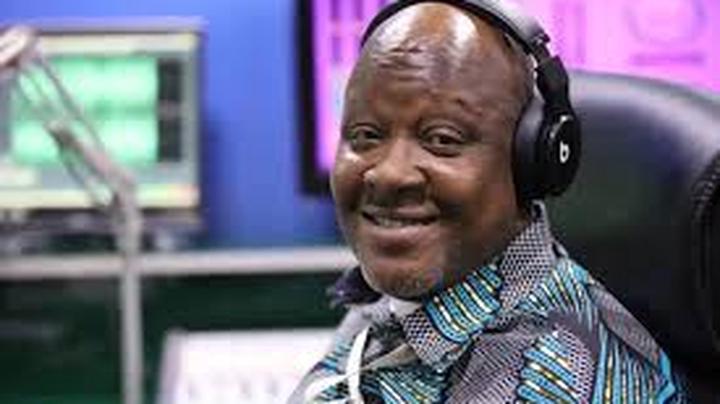
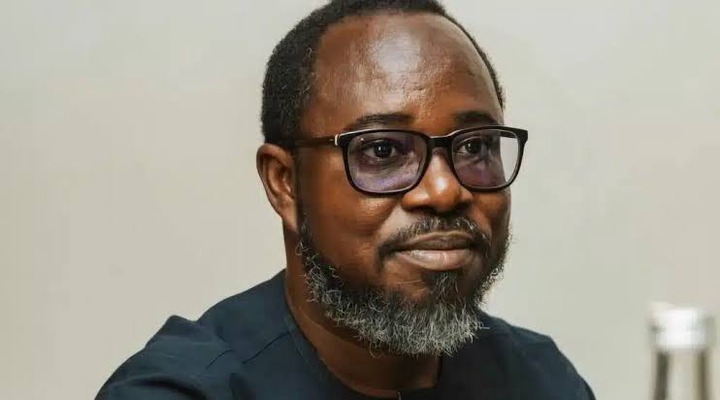


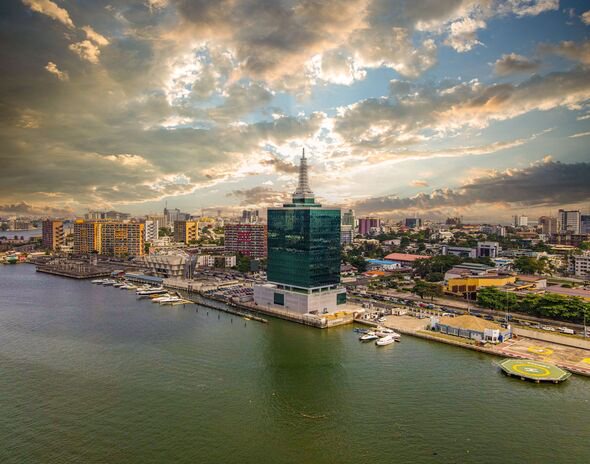

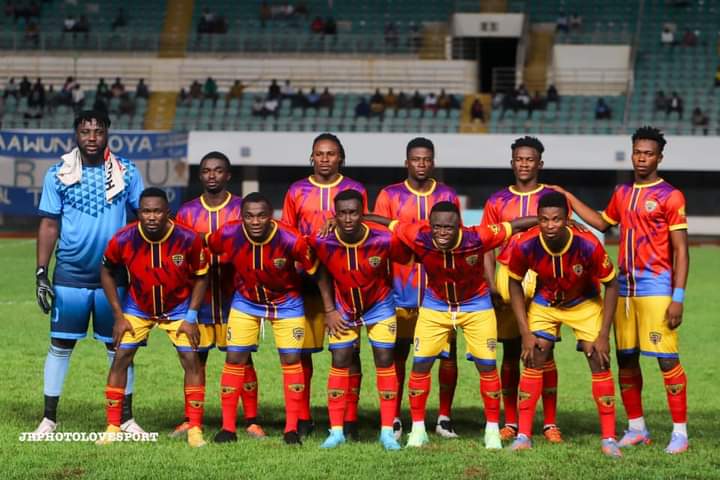

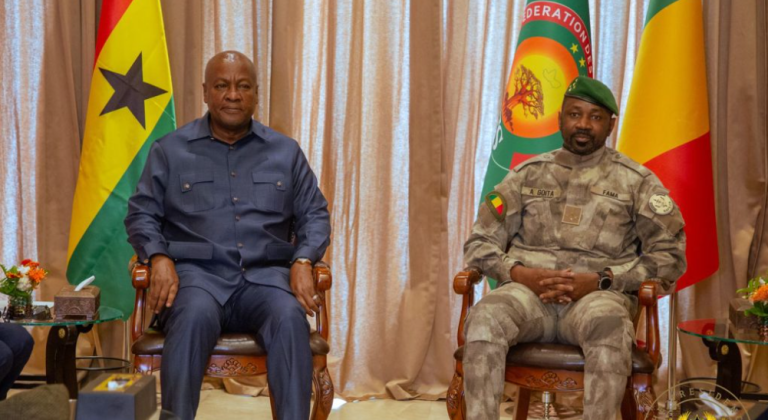
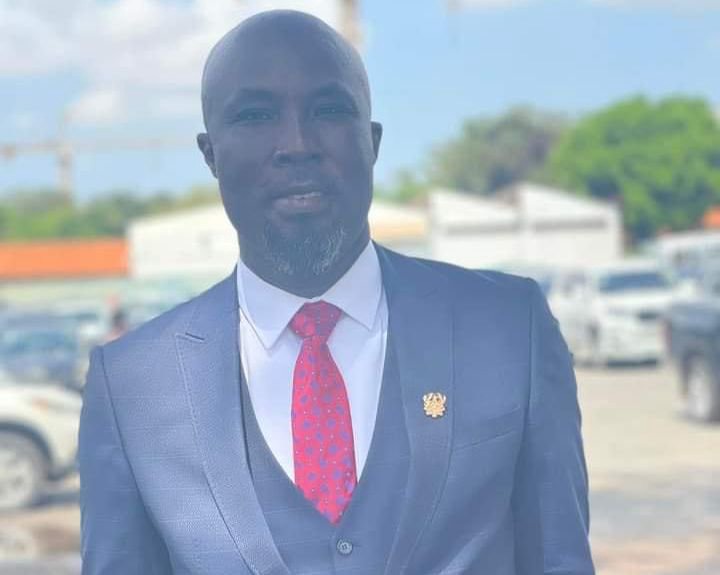

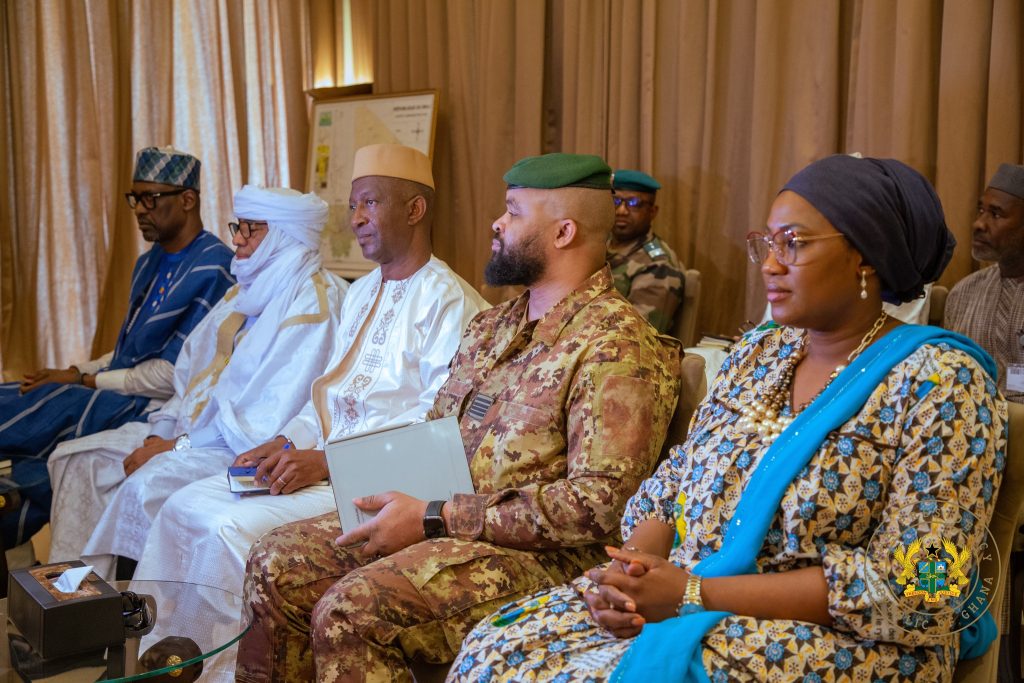
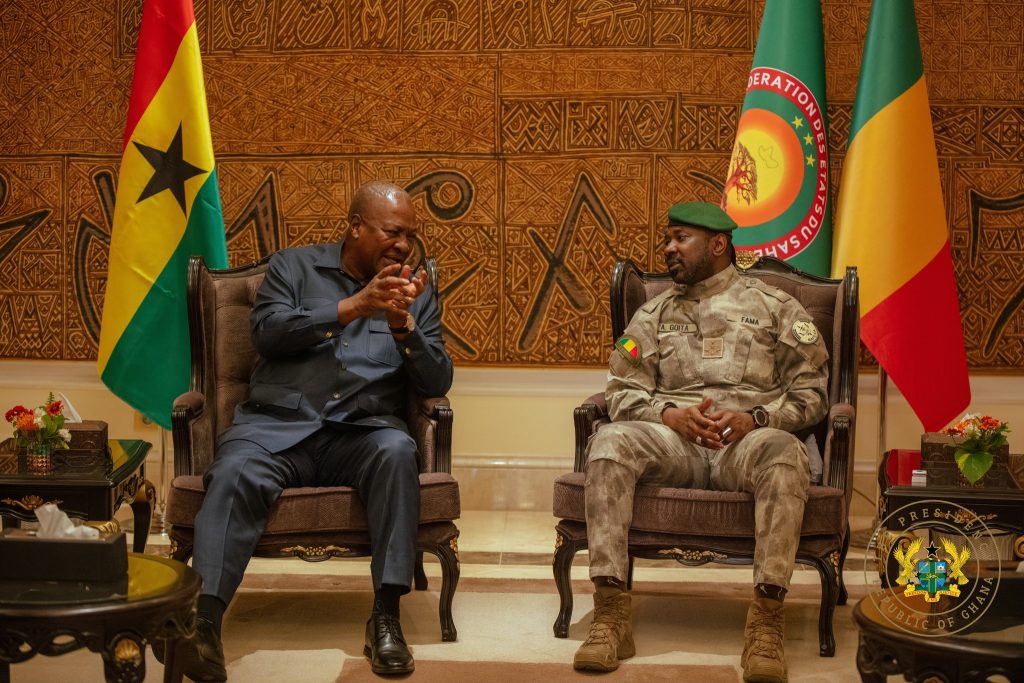
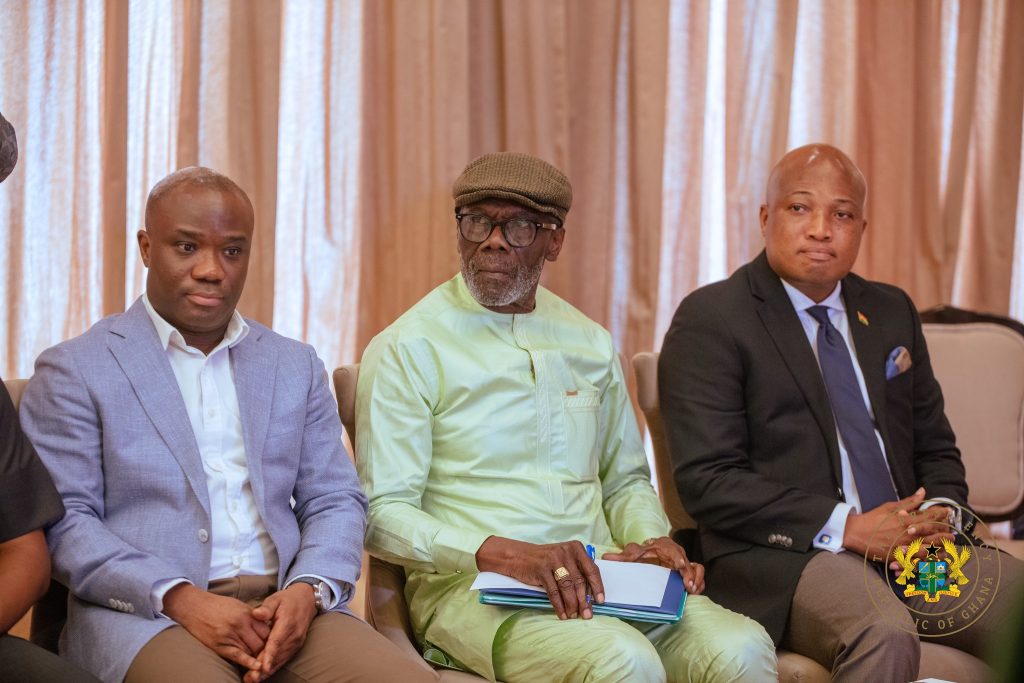
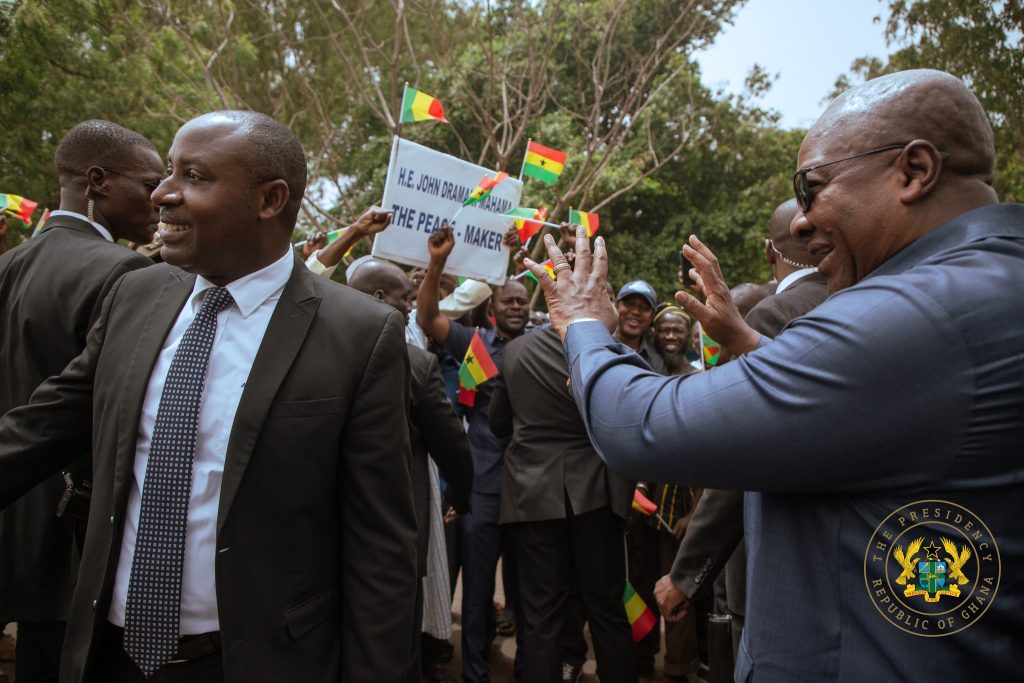

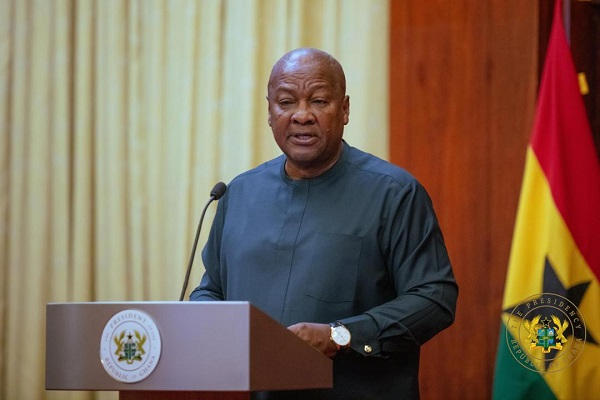
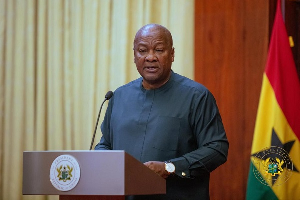






![Mahama visits Mali as part of ‘good neighbourliness’ tour [Photos] Mahama visits Mali as part of ‘good neighbourliness’ tour [Photos]](https://www.ghanamma.com/wp-content/uploads/2025/03/85fd1d293f10155522ac2a1ba3ad8fbe.jpeg)
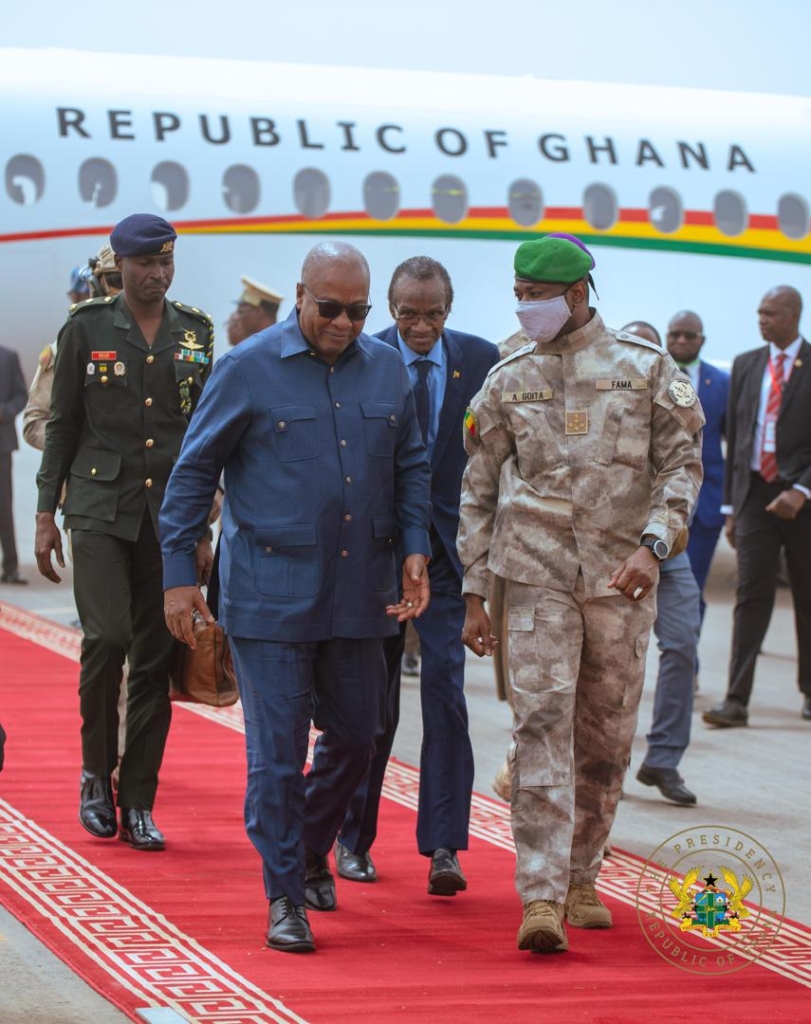



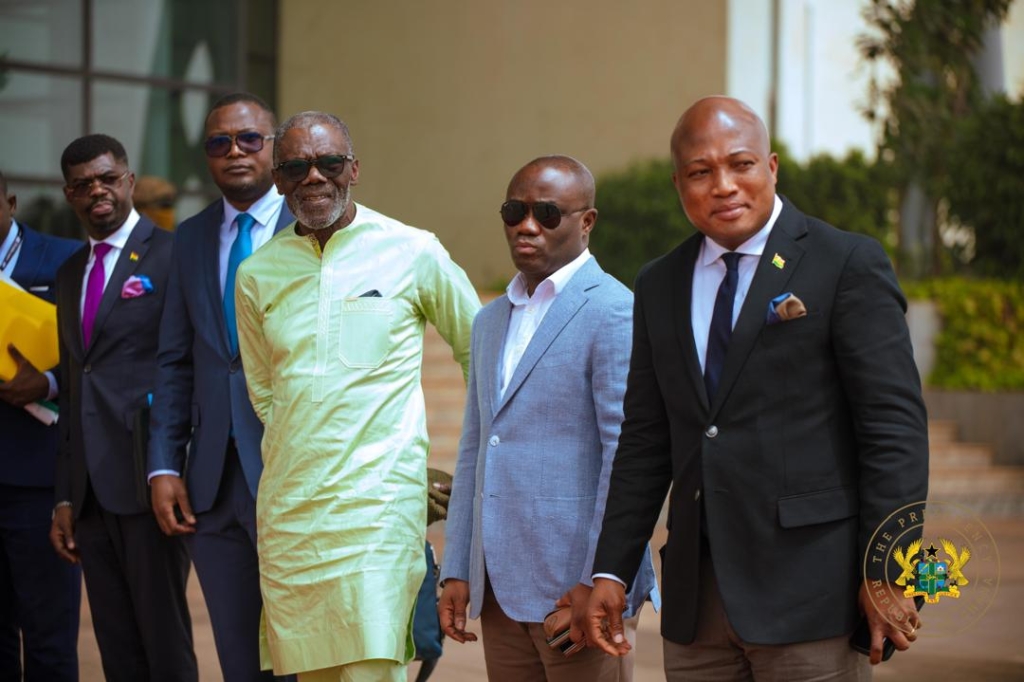





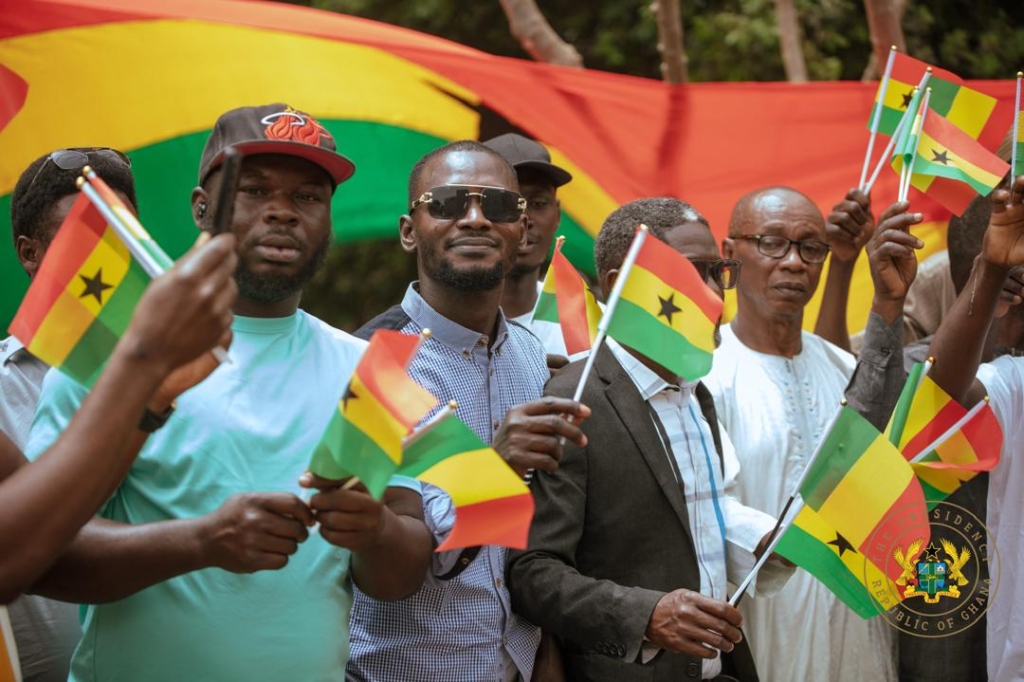


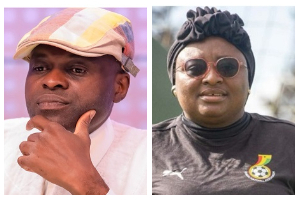


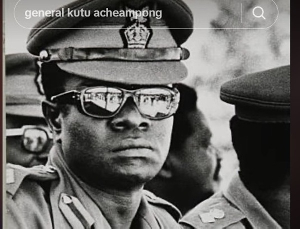






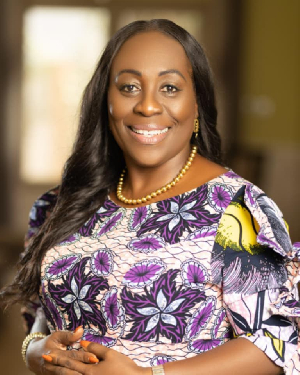
![Oppong Nkrumah shares interesting childhood details, secret behind his English name, Vincent [Watch] Oppong Nkrumah shares interesting childhood details, secret behind his English name, Vincent [Watch]](https://www.ghanamma.com/wp-content/uploads/2025/03/6b8dddc4414c7aa0fb3e6c8238f24f63.jpeg)


